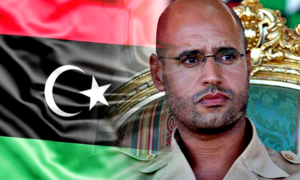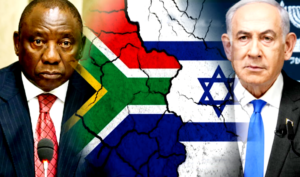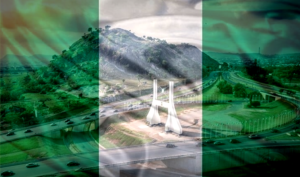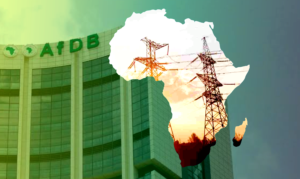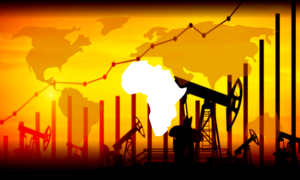IMF Revealed Africa’s Fastest-Growing Economies, with an Exemption of Nigeria: the Continent’s New Growth Leaders
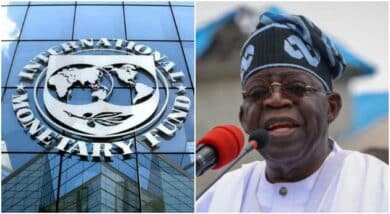
When the International Monetary Fund (IMF) unveiled its latest list of Africa’s fastest-growing economies this week, Nigeria long touted as the continent’s economic giant, was conspicuously missing. In its place stood a new vanguard of smaller but steadily rising nations – Benin Republic, Côte d’Ivoire, Ethiopia, Rwanda and Uganda.
These countries, according to the IMF, are now among the world’s most rapidly expanding economies. Reflecting disciplined fiscal management, political will and a relentless push toward industrialisation.
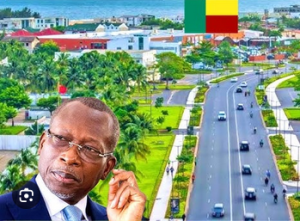
Republic of Benin
At a press briefing during the launch of the Regional Economic Outlook for Sub-Saharan Africa, the Director of the IMF’s African Department, Abebe Selassie, praised the performance of the five countries, noting that their success stems from sustained policy reforms, macroeconomic stability and strategic investment in infrastructure and manufacturing. To observers, the message was clear. While Nigeria remains Africa’s most populous nation and one of its largest markets, others are quietly mastering the art of steady inclusive growth. Shifting the new narrative of Africa’s economic giant in the continental.
Just a decade ago, Nigeria’s oil wealth and a massive consumer base, made it the symbol of Africa’s economic promise. Today, the conversation is shifting. Benin, once seen merely as a trading outpost next door to Nigeria, has become a model of port efficiency and fiscal discipline. Côte d’Ivoire has rebounded from years of political instability to become West Africa’s industrial hub. Rwanda continues to impress with its governance reforms and technology-driven economy, while Ethiopia and Uganda have doubled down on agricultural transformation and manufacturing.
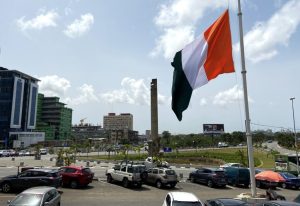
Republic of Côte d’Ivoire
Each of these countries tells a story not just of numbers, but of leadership choices. In the remarks of a Lagos-based economist, “Economic resilience in Africa is not about size. It’s about stability, consistency and the courage to reform, and that’s where many of these smaller nations are getting it right”. Nigeria’s leadership and political will engine, is stalling with so much analytical projections and none factual-impacts data forecast.
In the minds of many Nigerians, the IMF’s report feels like a wake-up call that’s long overdue. The country faces persistent fiscal challenges from revenue shortfalls and inflation to currency instability and insecurity. While the government has launched various reforms, including fuel subsidy removal and exchange rate unification, analysts say the impact has yet to trickle down to businesses, households and the ordinary man on the street.
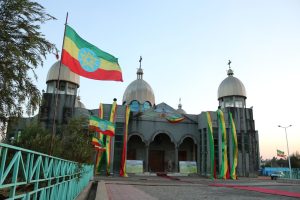
Federal Democratic Republic of Ethiopia
Ahead the macroeconomic jargon are real experiences human lives. Traders in Lagos grappling with rising costs, farmers in Kaduna struggling with insecurity and families across the country adjusting to an economy that feels increasingly distant from their daily lives. 5 thousand naira that could feed a family of 3 or 4 before in our meal-swipe, isn’t enough to even buy cooking gas anymore, etc. Would Nigerian political-leadership learn lessons from the Neighbours?
The IMF’s findings suggest that Nigeria’s path to growth may depend less on its size and more on the strength of its systems, structure and political-leadership will. Benin’s investment in border infrastructure, Côte d’Ivoire’s industrial diversification and Rwanda’s digital governance reforms, all highlight what coordinated policy/political-leadership will can achieve even within limited resources.
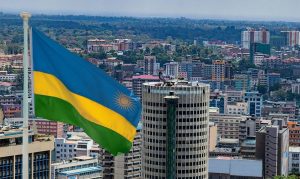
Federal Democratic Republic of Ethiopia
Nigeria has all the fundamentals such as people, resources and potential. What it needs now is good leaders/leadership, political will, trustworthy/truthful reforms, execution, trust in institutions and a clear national growth agenda that outlives politics and self-aggrandizement.

Republic of Ethiopia
As the IMF projects modest growth for Sub-Saharan Africa in the midst of global uncertainties, the continent’s transnational rising stars are proving that economic miracles don’t happen by chance. They are built patiently, deliberately and often quietly, on the foundations of reform, resilience and good leadership.
In respect to Nigeria the continent’s sleeping giant, the challenge is shouldn’t be about reclaiming its title, but redefining what leadership means, in an Africa that’s learning to grow into industrialisation.


